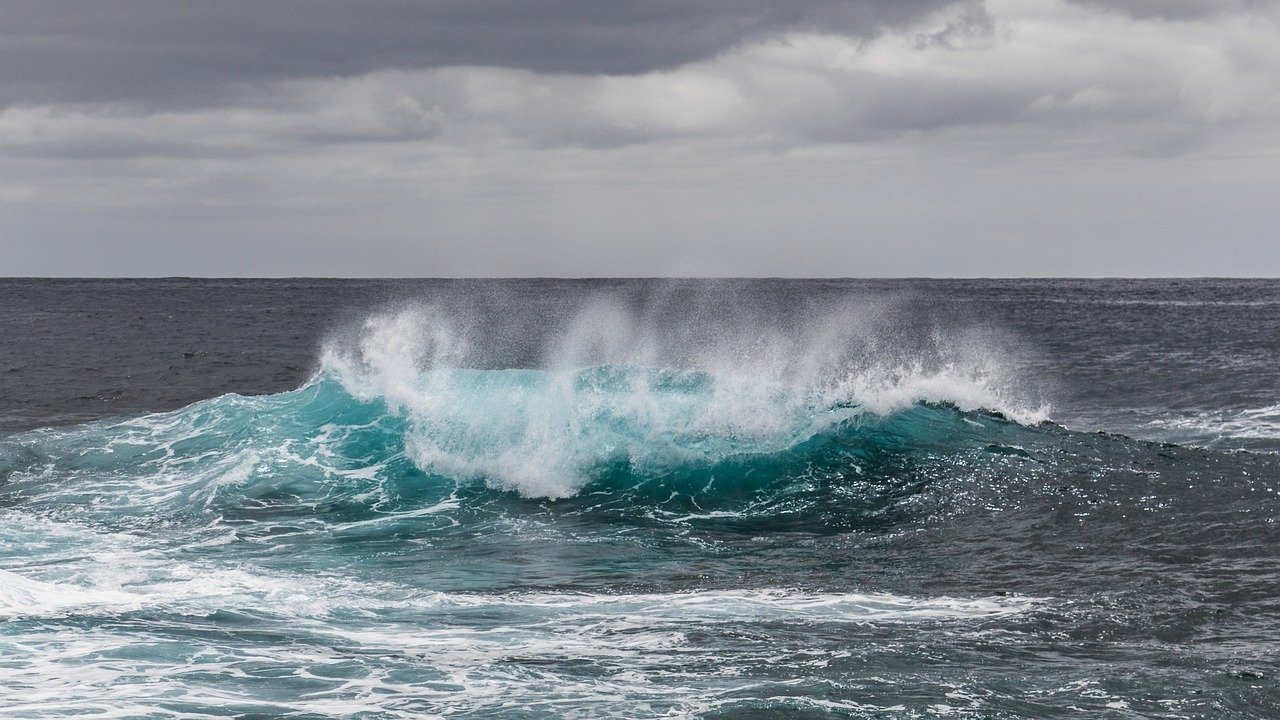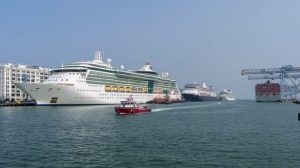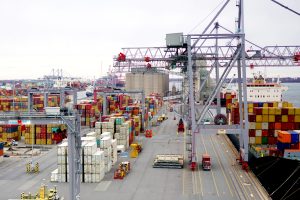Vancouver –A report by the Clear Seas Centre for Responsible Marine Shipping (Clear Seas) provides an overview of the threat climate change poses to Canada’s maritime environment. While many studies address the mitigation of the effects of climate change, the study on Climate Change Vulnerability of the Canadian Maritime Environment goes further and identifies a range of strategies to help adapt to the challenge of the climate crisis.
The report provides a series of tools and frameworks designed to help identify climate change hazards and threats, and acts as an important resource for the people and organizations that rely on Canada’s oceans and waterways to thrive and survive. The study also presents real-world perspectives and maps out practical adaptation strategies to manage the effects of a changing climate. Read the report
The findings in this report will inform Canada’s National Adaptation Strategy and support pro-active decision-making and planning efforts for safe and sustainable waterways undertaken by the Canadian Coast Guard and other governmental departments, port authorities, industry stakeholders, Indigenous and coastal communities, and others.
“Climate change has very real consequences for mariners, fishers, workers in the tourism industry and many others,” says Paul Blomerus, Executive Director, Clear Seas.
Indigenous Peoples are facing similar challenges because they look to the ocean for their food and livelihood and a deep connection to the natural environment is an integral part of their culture. “The Traditional Knowledge held by Indigenous Peoples also presents valuable potential solutions to understand and adapt to the changing climate,” Mr. Blomerus says.
This study provides context to help understand the extent of the challenges climate change poses to the Canadian maritime environment as well as to the organizations responsible for delivering maritime services. By identifying key threats and adaptation strategies, this analysis allows for the development of effective risk mitigation plans, as well as for informed decisions and investments in relation to climate change. This will help ensure the sustainability and safety of marine trade and other maritime activities in Canadian waters and beyond.
The study reviewed:
- The different climate hazards that affect Canadian waterways and their users, and how this will affect the maritime industry
- The strategies and best practices that can help Canada’s maritime sector adapt to climate change
- How other maritime countries like the United States, Norway and the Netherlands are adapting to climate change
(Pixabay photo of Atlantic Ocean)








